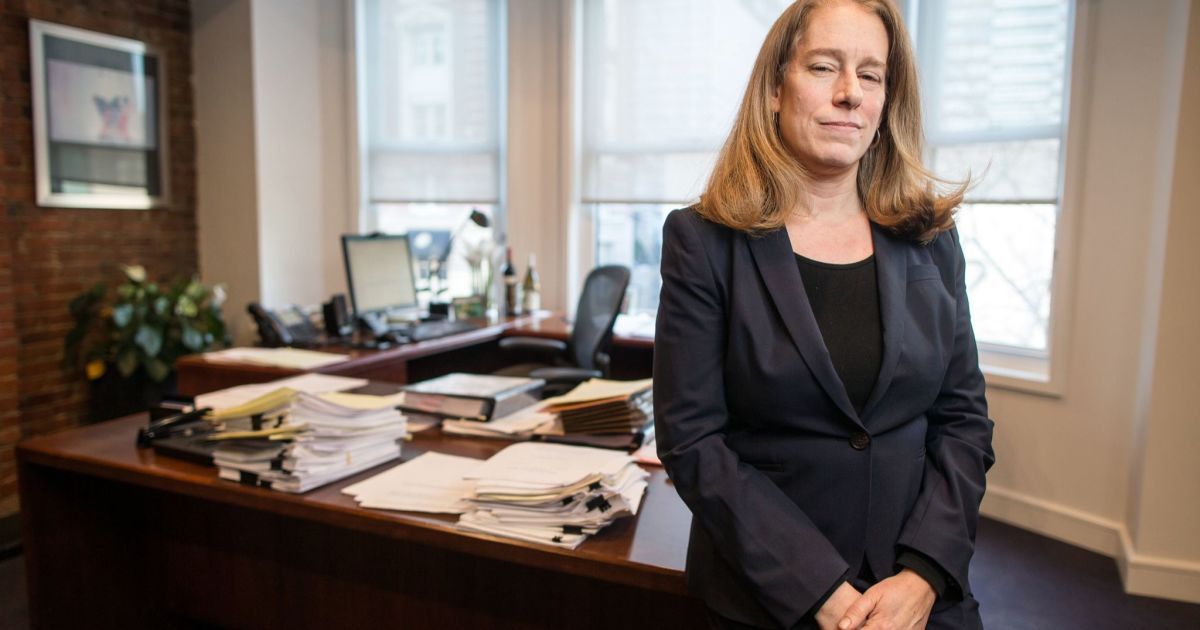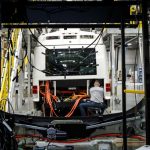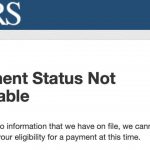
Uber Systems Inc. faces a new authorized attack on its refusal to take care of motorists as employees that depicts the enterprise as mistreating not just them but the general public at huge.
A attorney who’s been battling the trip-hailing giant in court docket for 6 several years wants a decide to now get into account the further expenditures saddled on California taxpayers by Uber’s small business model.
Motorists remaining cheated out of wages and not currently being reimbursed for expenditures results in California to reduce out on payroll taxes, legal professional Shannon Liss-Riordan explained in an interview. Uber also avoids having to pay rates for workers payment, Social Security, unemployment and disability coverage, and public guidance for motorists who simply cannot help themselves, she said.
The firm has warned that attempts to transform its motorists from unbiased contractors to staff members underneath California’s lately handed AB 5 legislation, which goes into effect Jan. 1, will be taken care of as they constantly have: by its armies of legal professionals in courtroom battle. For great measure, Uber is pouring tens of thousands and thousands of pounds into a 2020 California ballot initiative in an attempt to shield its drivers from the regulation.
Uber suggests the driver Liss-Riordan is representing, Thomas Colopy, just can’t show its labor model triggers him “irreparable damage.” His ask for for the corporation to be compelled to reclassify motorists “does not provide the public interest, but fairly only his personal,” Uber said in a court docket filing.
Uber and Liss-Riordan confronted off Thursday at a listening to just before the exact federal choose in San Francisco who taken care of 1 of their earlier battles that ended in a $20 million settlement with no any improve to the company’s business enterprise product. U.S. District Decide Edward Chen expressed skepticism about the need that Uber instantly reclassify its drivers but declined the company’s bid to dismiss.
A Seattle University legislation professor who follows these legal fights intently suggests this 1 is a very long shot. “But that does not indicate it is not a shot,” reported Charlotte Backyard garden. With the passage of AB 5, “Uber drivers are getting a great deal nearer to the aim of courts declaring them personnel under California regulation.”
Liss-Riordan, based in Boston, has taken multiple pictures at Uber and the gig economy broadly, arguing its design is created on low-cost labor and lawful finish-operates all around many years of really hard-won protections for workers.
AB 5 suggests workers can typically only be considered contractors if they execute duties exterior the regular training course of a company’s small business. Authorized specialists say the law weakens Uber’s argument that its drivers are independent contractors, and even the corporation acknowledges the regulation results in a bigger hurdle.
Liss-Riordan claimed the law gives her new complaint a legislative ”stamp of approval.”
“It emphasizes the truth that the condition of California has acknowledged misclassification is a public hurt,” she said. “The entire state of California understands that AB 5 was handed in get to cease Uber and the relaxation of the gig economic system from misclassifying its personnel.”
Uber argues that even though Colopy’s “purported injury” could be set with monetary damages, the corporation would be needed by the so-identified as general public injunction he seeks “to change its overall small business product.”
The enterprise also stands by its argument that it is not a experience-share business and that motorists are peripheral to its central mission.
“Uber is a technological innovation enterprise, and consequently operates no vehicles and supplies no tools or tools.” Drivers and riders use its application, Uber argues, “to generate a enterprise link.”
Backyard garden explained that less than AB 5, state or area officials may be in a far better situation than Liss-Riordan to pursue a public injunction.
“There is a general public plan question struggling with all of us about what we demand from customers from businesses — no matter if we concur that any doing work situations that an employer can get an employee to agree to are suitable, or if we need some bare minimum standards,” she claimed.
The situation is Colopy v. Uber Technologies Inc., 19-cv-06462, U.S. District Court, Northern District of California (San Francisco).




